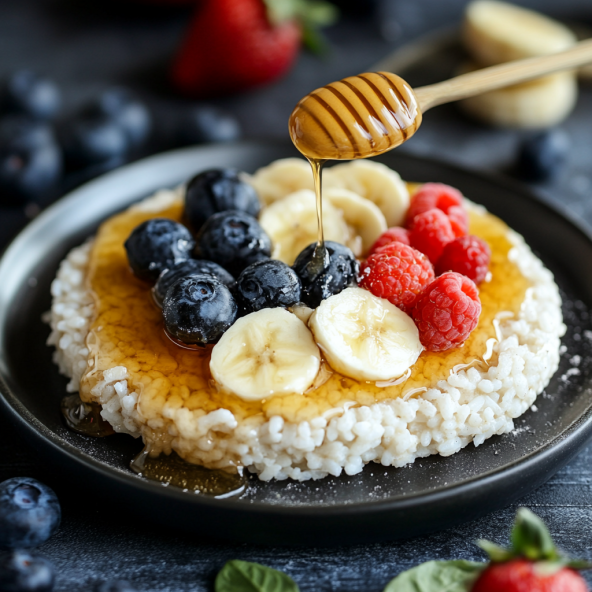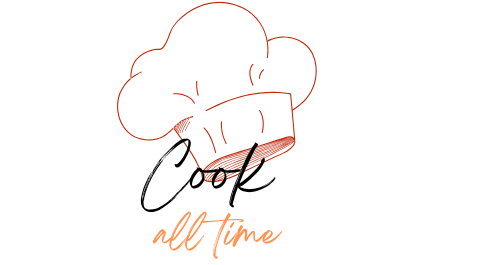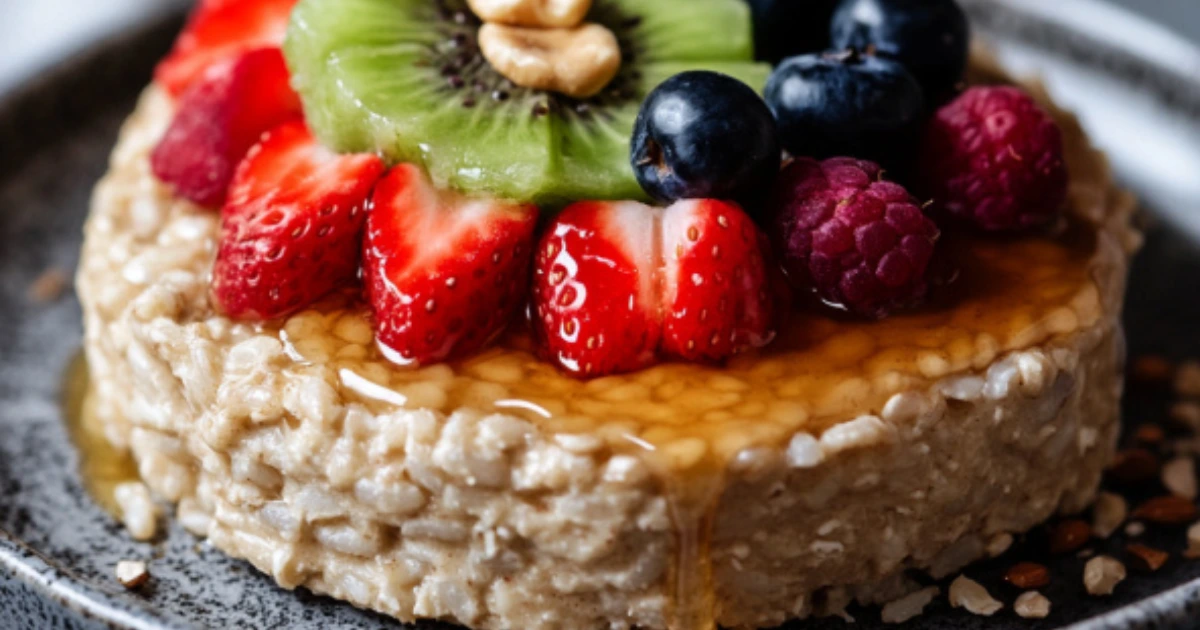Introduction
Rice cakes are light, crunchy snacks made from puffed rice, and they have gained immense popularity worldwide as a healthy, low-calorie option. They are commonly used as a base for various toppings or enjoyed on their own. People gravitate toward rice cakes because they are easy to eat, versatile, and can be flavored to suit different tastes. However, a common question arises: Are rice cakes actually healthy? In this article, we will explore their nutritional profile, types, health benefits, potential downsides, and how they fit into weight loss diets to help you determine if rice cakes deserve a spot in your pantry.
Table of Contents
Nutritional Profile
When considering the question, are rice cakes actually healthy? it’s important to start with their nutritional breakdown.
- Calories in Rice Cakes: Typically, rice cakes contain around 35 to 50 calories per piece, making them a light, low-calorie snack.
- Macronutrient Breakdown: Rice cakes primarily provide carbohydrates, with minimal fat and protein content. The carbohydrates come from the rice, which supplies a quick source of energy.
- Vitamins and Minerals: Rice cakes offer small amounts of vitamins like B vitamins, iron, and magnesium. However, they lack significant amounts of essential nutrients, which brings us to another aspect of their health profile.
Types of Rice Cakes
There are several varieties of rice cakes available, catering to different dietary preferences and needs. So, are rice cakes actually healthy across all options? Let’s explore:
- Traditional vs. Flavored Rice Cakes: Traditional rice cakes are simple, with basic ingredients like puffed rice and salt. On the other hand, flavored rice cakes come in various savory and sweet options, adding seasonings or sugars.
- Gluten-Free Options: Many rice cakes are naturally gluten-free, making them an excellent choice for individuals with gluten sensitivities or those following a gluten-free diet.
- Low-Sodium and Organic Variants: Some brands offer low-sodium versions, which are ideal for those watching their salt intake. Organic rice cakes provide a cleaner alternative, free from pesticides or artificial additives.
Health Benefits of Rice Cakes
Many people perceive rice cakes as a healthy snack, but are rice cakes actually healthy in terms of their health benefits? Let’s examine this:
- Low-Calorie Snack Option: With their low-calorie count, rice cakes are perfect for those seeking a light snack without overloading on calories.
- Gluten-Free and Allergen-Friendly: Since rice cakes are made from rice, they are typically free from gluten, nuts, and dairy, making them suitable for people with various food allergies or sensitivities.
- Versatility in Pairing Foods: Rice cakes can be paired with a wide range of healthy toppings, such as peanut butter, avocado, or vegetables, making them a customizable snack that can fit different dietary needs.
Potential Downsides
Despite their benefits, are rice cakes actually healthy when considering some of the potential downsides? Let’s look at a few:
- Low Nutrient Density: While rice cakes are low in calories, they lack sufficient protein, fiber, and vitamins, making them a less nutrient-dense food choice when compared to other snacks.
- High Glycemic Index: Rice cakes have a high glycemic index, which can cause blood sugar spikes, especially when consumed alone. This makes them less suitable for individuals managing diabetes.
- Overconsumption Risks: Due to their light texture, rice cakes can be easy to overeat, which might lead to excessive calorie intake, especially when combined with high-calorie toppings.
Rice Cakes and Weight Loss
For those wondering are rice cakes actually healthy for weight loss, rice cakes can fit into a calorie-controlled diet when used strategically.
- Role in Calorie-Controlled Diets: As a low-calorie snack, rice cakes can serve as a filling option in weight management plans. They provide a light snack that can satisfy hunger without adding too many calories.
- Satiation Levels: While rice cakes are low in calories, they might not keep you full for long due to their lack of protein and fiber. Pairing them with protein or healthy fats can increase their satiating power.
- Best Pairings for Weight Management: For weight loss, consider topping your rice cakes with nutrient-dense ingredients like hummus, lean protein, or avocado. These toppings help balance the glycemic load and keep you full longer.
Rice Cakes vs. Other Snacks
When comparing rice cakes to other snacks, one might wonder, are rice cakes actually healthy in comparison to crackers, bread, and chips? Let’s break it down.
- Comparison with Crackers, Bread, and Chips: Rice cakes are generally lower in calories than many types of crackers or chips. They also provide a gluten-free alternative to bread, making them a good choice for those with dietary restrictions.
- Nutritional Differences: Rice cakes tend to have fewer calories but also fewer nutrients than other snack options. Crackers and chips often have more fat and calories, while bread may offer more fiber if made with whole grains.
- Cost-Effectiveness: Rice cakes are typically more affordable than many packaged snacks like chips or specialty crackers, making them a cost-effective snack choice for those on a budget.
Best Toppings for Rice Cakes
So, are rice cakes actually healthy when paired with the right toppings? The answer is yes, especially when you choose nutrient-dense options.

- Sweet Options: Adding nut butter, fruits, or honey to rice cakes creates a delightful combination of flavors. Nut butter adds healthy fats and protein, while fruits like bananas or berries offer antioxidants and natural sweetness. A drizzle of honey brings additional flavor without being overly processed.
- Savory Choices: For a more savory twist, try topping your rice cakes with avocado, hummus, or cheese. Avocado provides heart-healthy fats, while hummus adds protein and fiber. Cheese offers calcium and a savory taste that complements the neutral flavor of the rice cake.
For more pairing inspirations, explore delicious ways to mix cottage cheese.
Rice Cakes in Diet Plans
Many individuals wonder, are rice cakes actually healthy in the context of specific diets, like keto, paleo, or those meant for athletes? Let’s explore:
- Inclusion in Keto and Paleo Diets: Rice cakes are generally not suitable for keto diets due to their carbohydrate content. However, they can be enjoyed on paleo diets in moderation, especially if you opt for whole-grain or organic varieties.
- Rice Cakes for Athletes: Athletes can benefit from rice cakes due to their fast-digesting carbohydrates, which can be great for quick energy replenishment after a workout.
- Role in Diabetic Diets: For individuals with diabetes, rice cakes should be consumed in moderation. Their high glycemic index can lead to spikes in blood sugar levels. Combining them with protein or healthy fats can help reduce this effect.
Cultural Significance
Rice cakes hold significant cultural value in various parts of the world, making them more than just a snack. Are rice cakes actually healthy in the context of their cultural significance?
- Origin of Rice Cakes: Rice cakes have been around for centuries, with origins dating back to ancient civilizations in Asia. In Japan, they are a part of traditional celebrations, and in Korea, they are served during festivals and ceremonies.
- Variants in Different Cuisines: Each culture has its own take on rice cakes. In Asia, they often serve as a ceremonial food. In Western countries, rice cakes have evolved into a popular snack food.
- Modern Adaptations Worldwide: Today, rice cakes are adapted globally to fit different tastes and dietary preferences. From flavored varieties to gourmet versions, rice cakes have come a long way from their humble beginnings.
How to Choose Healthy Rice Cakes
When purchasing rice cakes, it’s important to ask yourself, are rice cakes actually healthy based on the ingredients? Here’s how to make a smart choice:
- Reading Labels: Always check the nutrition label. Choose rice cakes with minimal ingredients, avoiding those with excessive preservatives or artificial additives.
- Avoiding Added Sugars: Many commercially available rice cakes come with added sugars, which can reduce their overall health benefits. Opt for unsweetened varieties or those flavored naturally with spices or fruits.
- Selecting Whole-Grain Rice Cakes: For maximum health benefits, choose rice cakes made from whole grains like brown rice. Whole grains provide more fiber and nutrients compared to their refined counterparts.
Homemade Rice Cakes
Making rice cakes at home gives you full control over the ingredients, ensuring you create a healthier version. So, are rice cakes actually healthy when homemade?
- Benefits of DIY Rice Cakes: Homemade rice cakes can be customized to fit your dietary preferences. You can control the amount of salt, sugar, or other additives, making them a cleaner, healthier option.
- Simple Recipes: To make rice cakes at home, simply cook rice, season it as you like, and press it into molds to form cakes. You can add spices, herbs, or even small amounts of vegetables for added flavor.
- Store homemade rice cakes in an airtight container in a cool, dry place. While they can last for a few days, they are best enjoyed fresh.
FAQs About Rice Cakes
Are rice cakes actually healthy when considering the most common questions? Let’s answer some frequently asked questions.
Are Rice Cakes Suitable for Weight Loss?
Yes, rice cakes are a low-calorie snack, but be mindful of toppings. Pairing with protein or healthy fats can enhance their role in weight loss.
How Long Do Rice Cakes Stay Fresh?
Rice cakes can last up to 2-3 weeks if stored properly in a sealed container. However, they are best enjoyed within a week for optimal freshness.
Are Rice Cakes Safe for Toddlers?
Rice cakes are generally safe for toddlers, but avoid those with choking hazards or added sugar.
Can Rice Cakes Be Frozen?
Yes, rice cakes can be frozen for up to 3 months. Simply wrap them properly and store them in an airtight container.
How Are Rice Cakes Made at Home?
You make homemade rice cakes by cooking rice and pressing it into molds to form individual cakes. Then, season them as desired for added flavor.
Are rice cakes better than chips?
Compared to chips, rice cakes are generally lower in fat and calories, making them a healthier option. However, chips may provide more flavor, so it’s best to compare based on your dietary preferences
Conclusion
In conclusion, are rice cakes actually healthy? The answer depends on several factors, including the type of rice cake, the toppings you use, and how they fit into your overall diet. Rice cakes can be a healthy, low-calorie snack option when paired with nutrient-dense toppings. They are versatile and suitable for many dietary preferences, but it’s important to avoid overconsumption and opt for healthier varieties. When made at home, rice cakes can be a nutritious and customizable addition to your diet.

